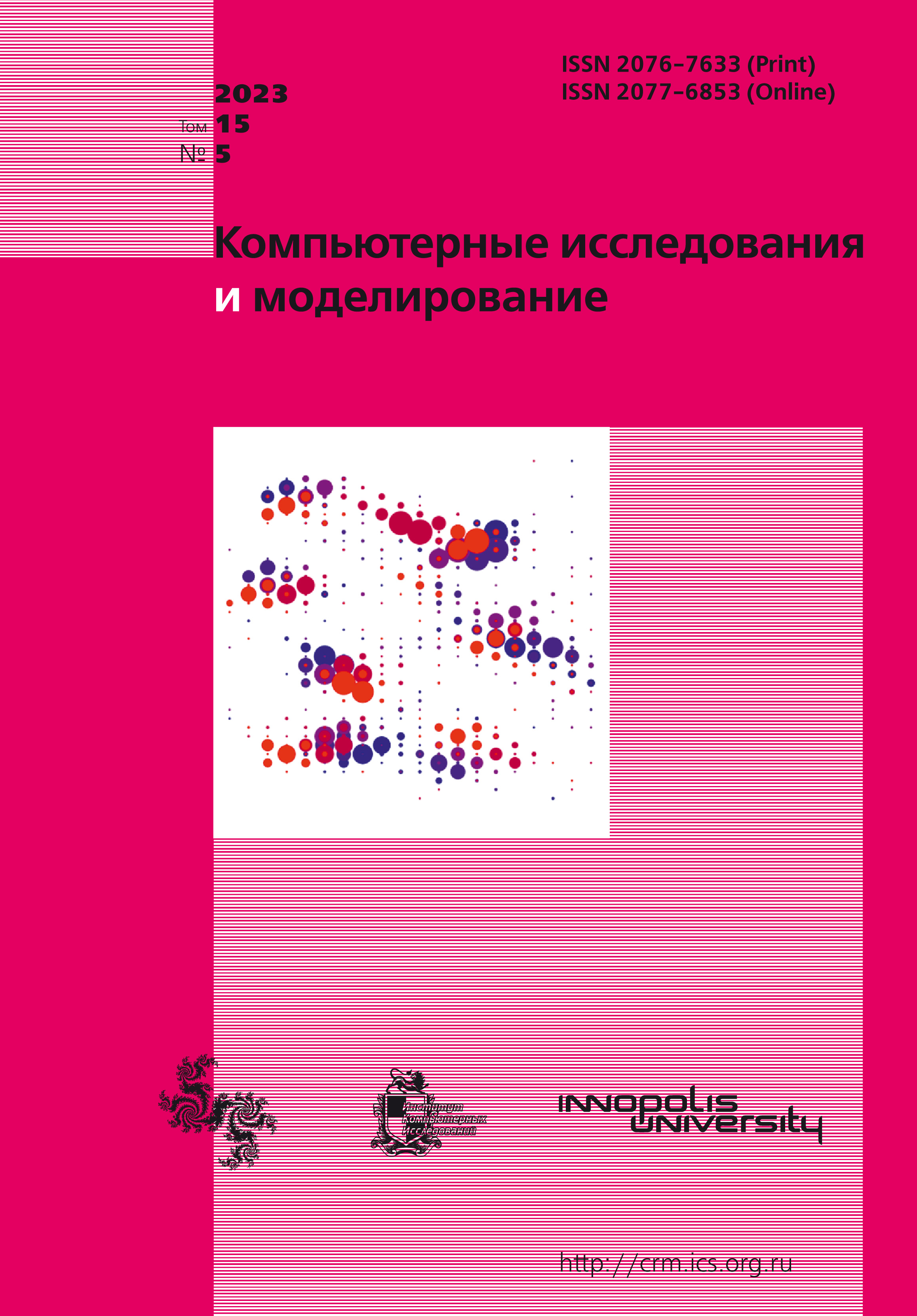All issues
- 2025 Vol. 17
- 2024 Vol. 16
- 2023 Vol. 15
- 2022 Vol. 14
- 2021 Vol. 13
- 2020 Vol. 12
- 2019 Vol. 11
- 2018 Vol. 10
- 2017 Vol. 9
- 2016 Vol. 8
- 2015 Vol. 7
- 2014 Vol. 6
- 2013 Vol. 5
- 2012 Vol. 4
- 2011 Vol. 3
- 2010 Vol. 2
- 2009 Vol. 1
Synthesis of the structure of organised systems as central problem of evolutionary cybernetics
 pdf (291K)
pdf (291K)
The article provides approaches to evolutionary modelling of synthesis of organised systems and analyses methodological problems of evolutionary computations of this kind. Based on the analysis of works on evolutionary cybernetics, evolutionary theory, systems theory and synergetics, we conclude that there are open problems in formalising the synthesis of organised systems and modelling their evolution. The article emphasises that the theoretical basis for the practice of evolutionary modelling is the principles of the modern synthetic theory of evolution. Our software project uses a virtual computing environment for machine synthesis of problem solving algorithms. In the process of modelling, we obtained the results on the basis of which we conclude that there are a number of conditions that fundamentally limit the applicability of genetic programming methods in the tasks of synthesis of functional structures. The main limitations are the need for the fitness function to track the step-by-step approach to the solution of the problem and the inapplicability of this approach to the problems of synthesis of hierarchically organised systems. We note that the results obtained in the practice of evolutionary modelling in general for the whole time of its existence, confirm the conclusion the possibilities of genetic programming are fundamentally limited in solving problems of synthesizing the structure of organized systems. As sources of fundamental difficulties for machine synthesis of system structures the article points out the absence of directions for gradient descent in structural synthesis and the absence of regularity of random appearance of new organised structures. The considered problems are relevant for the theory of biological evolution. The article substantiates the statement about the biological specificity of practically possible ways of synthesis of the structure of organised systems. As a theoretical interpretation of the discussed problem, we propose to consider the system-evolutionary concept of P.K.Anokhin. The process of synthesis of functional structures in this context is an adaptive response of organisms to external conditions based on their ability to integrative synthesis of memory, needs and information about current conditions. The results of actual studies are in favour of this interpretation. We note that the physical basis of biological integrativity may be related to the phenomena of non-locality and non-separability characteristic of quantum systems. The problems considered in this paper are closely related to the problem of creating strong artificial intelligence.
Copyright © 2023 Antonov I.V., Bruttan I.V.
Indexed in Scopus
Full-text version of the journal is also available on the web site of the scientific electronic library eLIBRARY.RU
The journal is included in the Russian Science Citation Index
The journal is included in the RSCI
International Interdisciplinary Conference "Mathematics. Computing. Education"






